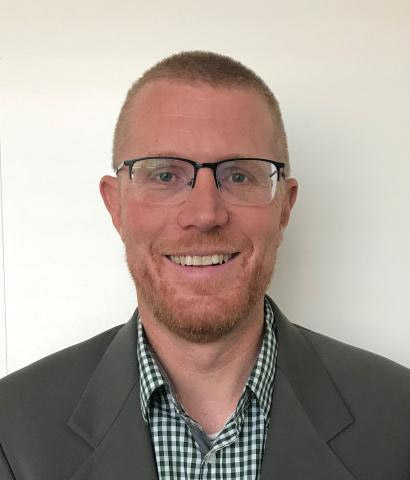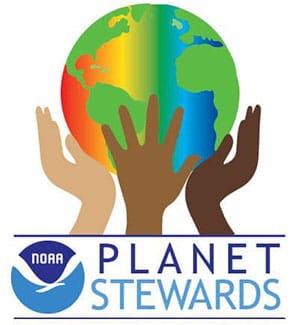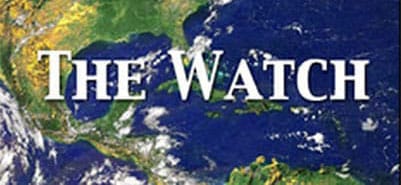Become a Citizen Scientist - Today!
You don’t have to be a professional scientist to contribute to our understanding of Earth’s climate. Much of what we know about weather and climate is thanks to the involvement of the public. Thomas Jefferson maintained an almost unbroken record of weather observations between 1776 and 1816, and George Washington took his last observation just a few days before he died. Today, there are many opportunities for you to study climate through citizen science, a form of open collaboration where members of the public participate in the scientific process to address real-world issues of concern. These opportunities provide authentic learning experiences for their participants and are shown to help stimulate a conservation ethic. This presentation will explore some of the leading projects available for you to join.

John McLaughlin
John McLaughlin is an Education Program Manager with NOAA’s Office of Education. He serves as NOAA’s Citizen Science Coordinator and established NOAA’s Citizen Science Community of Practice to facilitate communication among people within the Agency interested in empowering the public to become more involved with science. He represents NOAA in government-wide efforts to expand citizen science and in partnerships with the broader field.
John aided in the development of the Federal Crowdsourcing and Citizen Science Toolkit and the Database of Federal Crowdsourcing and Citizen Science Projects. He also served on the Governing Committee that helped form the Citizen Science Association. John also serves as a Program Officer for NOAA’s Environmental Literacy Program that supports projects that increase an understanding of Earth System science and community resilience to hazardous weather events and global change. He has a special interest in projects that involve experiential learning. Prior to joining NOAA, John worked for the GLOBE Program and served as an editor for the Teachers Guide which provides tools to study Earth from a systems perspective. He has trained teachers around the world to collect and analyze environmental measurements. John has also organized field campaigns designed to partner scientists and students in learning about the world around them.
In his copious free time - of which he has none - John enjoys measuring precipitation and observing clouds and contrails from his floating home on the Potomac River.
Additional Resources
Citizen Science Isn’t Just About Collecting Data
By educating ourselves in the research, citizen scientists can get involved in decisions about what gets researched, how research is conducted, and how results should be used. This pushes the bounds of citizen science in new and contentious ways.
NOAA Ocean Today Video: Old Weather
By studying ships’ logs dating back to the 19th century, we can find all sorts of weather data that we can plug into computer models and improve our climate projections.p>


Social